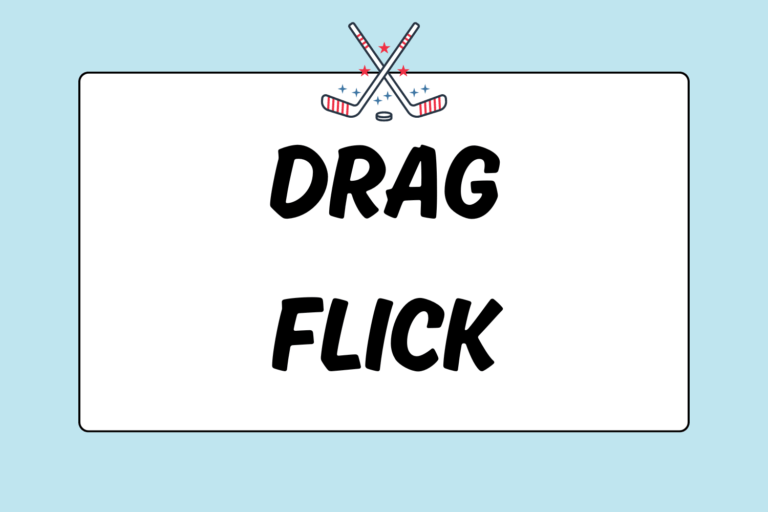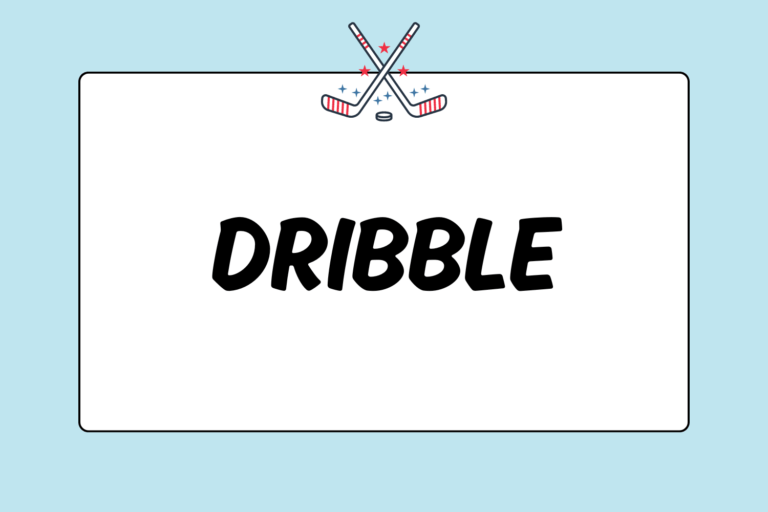You’ve secured a coaching position for youth, high school, or college field hockey, but now you’re wondering how you can do this. Well, if you’re starting as an assistant coach, the transition from player to coach should be a smooth process. But, if you’ve jumped into a head coach position, you’ve got a lot of work ahead of you.
The players are expecting you to know your stuff, and if you don’t, they’ll know. Players are always trying to prove themselves to the coach. But, what you may not realize is that you have to prove yourself to them first.
Gaining the respect of the team is part of being a good coach, and coming to practice prepared will help you develop your personal coaching style. This guide will cover everything you need to know so you can come prepared to train a field hockey team.
Set the Tone Early
The minute you step onto the field, the team will start surveying your every move. You need to set yourself as the voice of authority right off the bat. Show the players that you are ready to coach by laying out your expectations and listening to theirs. A few suggestions on expectations to set for your team are:
- Showing up to practice on time
- Coming to practice in full equipment and ready to play
- Hustling from drill-to-drill
- Keeping a positive attitude at practice
- Respecting each other and the coach
By doing this, you and your team can gain a better understanding of how practice will be run throughout the season. The team needs structure to succeed. If you set your foundation early, your team will be more successful in the long run.
Develop a Plan
Create a plan for your practices. Every practice should have a general outline, but allow for some variability. For example, a routine practice could consist of:
- A warm up jog, led by the captains
- Callisthenic stretches (moving stretches)
- Conditioning
- A warm up for the players’ hits and stick skills
- Three to four drills (this is where your variability comes into play)
- Scrimmage
Doing the same drill over and over again can get tedious for your team. But, having no structure can be equally frustrating. By developing a plan, your team will know what to expect, and will be continually stimulated by new drills and activities.
Set Realistic Expectations
You may have been a competitive player, but now that you’re a coach, you have to set realistic expectations for your team. If your team doesn’t have a history of winning in the past, don’t expect to come onto the team and turn the players into champions — like every underdog, feel-good movie. Instead, try to bring out the best in each player and teach them how to work as a team. Eventually, wins will come.
Coaching Different Skill Levels
If you have a wide range of players on your team, try incorporating some skill-building drills into your practice plans.
This will help the more experienced players brush up on their fundamentals, while the new girls learn the basics. With this type of strategy, you can teach the skills that come into play before covering the more complex strategies and concepts of the sport.
Also, don’t expect everyone on your team to be at the same of level of conditioning. Some girls can run 30 miles, but others will get tired after running a lap around the field. So, ease your players into conditioning by starting off with some moderate circuit training. Then, slowly work up to harder conditioning days.
For more information on warm ups and stretches, visits our guides Circuit Training for Field Hockey and How to Warm-up in Field Hockey.
Get to Know Your Players
Figuring out where a player fits on the field can be one of the more challenging aspects of coaching. It will probably take you a few days, or even weeks, of practice to develop your perfect line-up. Take this time to get to know your players’ individual strengths and weakness, and how they work together. Make sure to leave out any personal bias when deciding the starting line-up. Playing favorites can decrease team moral and can turn any good player into a mediocre one through frustration.
Stay Positive
Transitioning yourself from a player to a coach can be frustrating, to say the least. You have to learn how to articulate into words what you would naturally do on the field. Also, when you do communicate with your team about how to do something, don’t expect every player to get it the first time. Just stay patient and positive with your players and encourage them to keep trying. There’s nothing that motivates a player more than the support of a coach and teammates.
Maintain a positive team by having a good attitude yourself. Losing a few games may be a shock at first, but you can’t motivate a team if you don’t believe in them. So, continually support your team through the good and bad. Remember, you’re the leader of the group — always work to set a positive example.





